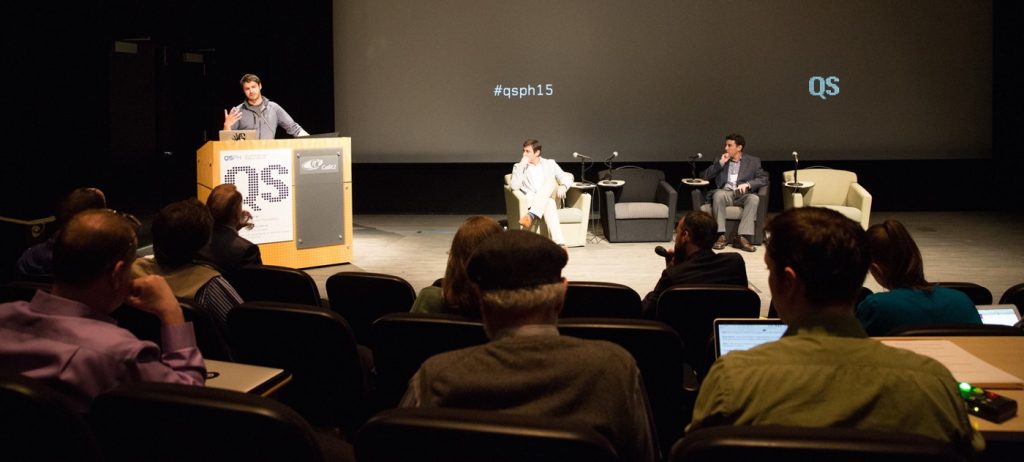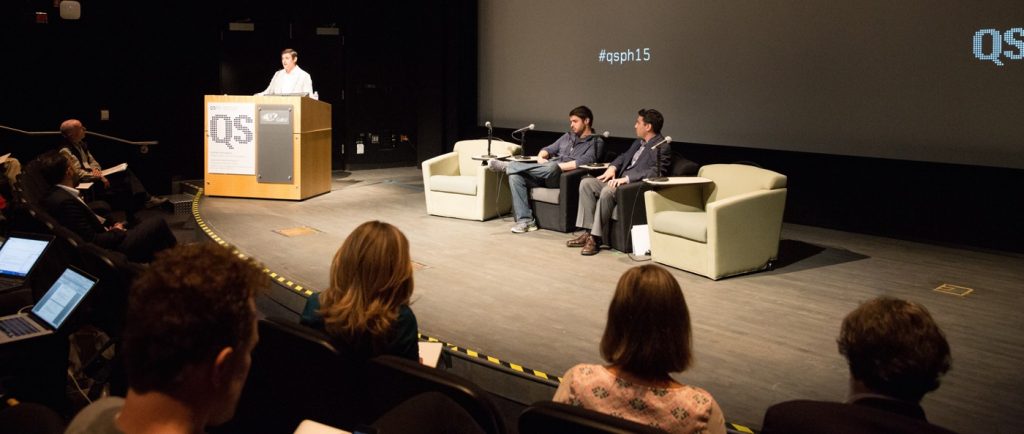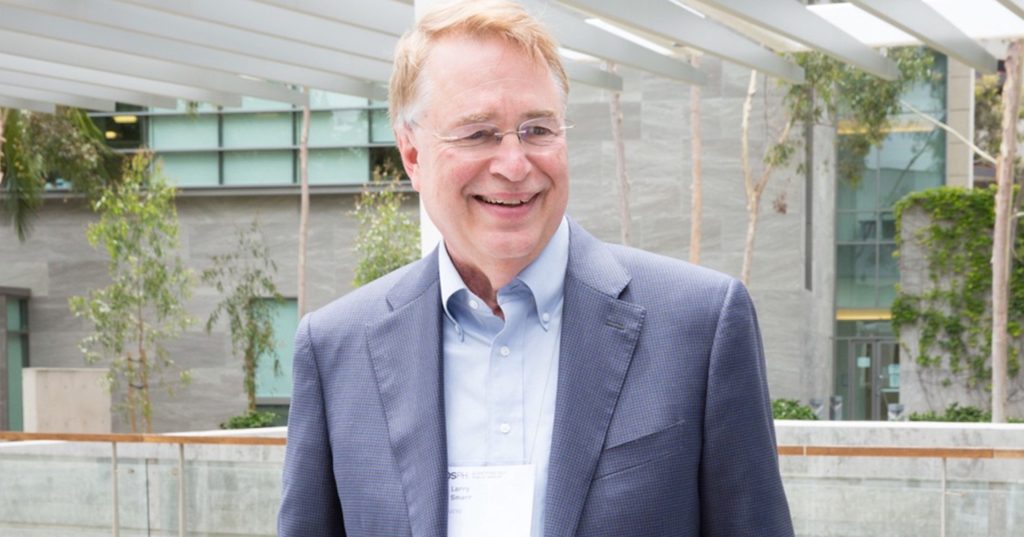
Sharing Self-Collected Data by Andrei Pop
Erica Tanamachi
March 24, 2016
Andrei Pop is the co-founder of Human API, a platform for opening the world of self-collected data to health app developers. In this talk from QSHP15, Andrei argues for “data liquidity,” or democratizing health data sharing, as the key to unlocking value for all stakeholders.


